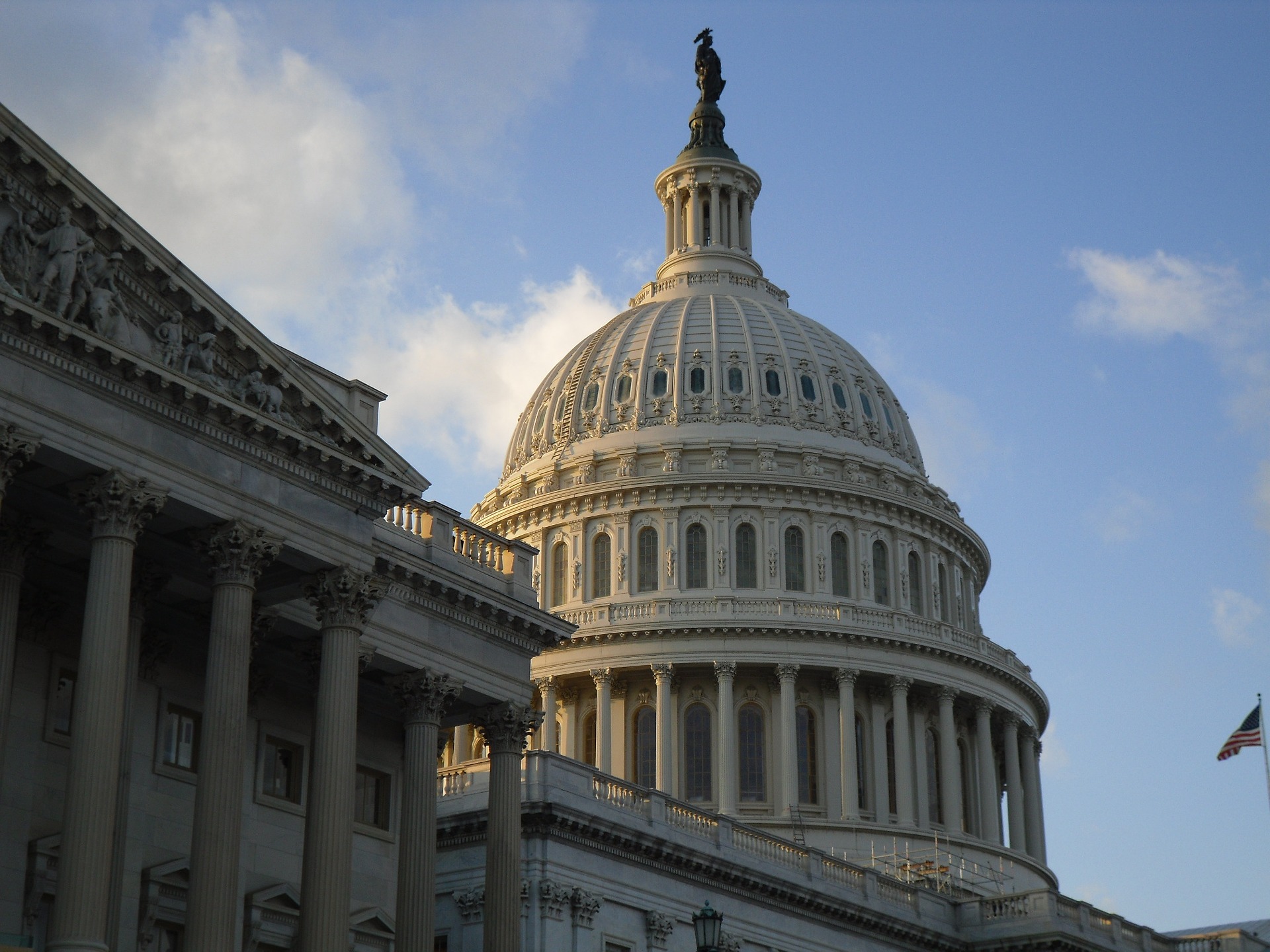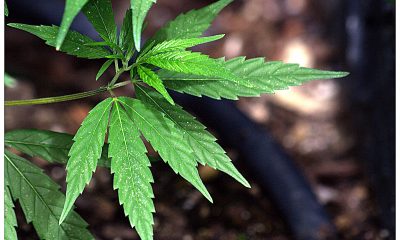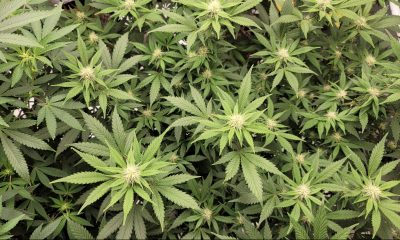Politics
Senators Want Feds To Make Sure Dispensary Marijuana Is Safe

Committee Also Slams Schedule I And Suggests Cannabis Can Reduce Opioid Addiction.
A powerful Senate panel is urging federal agencies to make a number of surprising marijuana moves, including launching an effort to test products sold at dispensaries in states where cannabis has been legalized.
Concerned about a lack of data on the potency and purity of cannabis available to consumers, the U.S. Senate Appropriations Committee is directing federal agencies to formulate a “National Testing Program for Schedule I Marijuana-Derived Products.”
The senators, in a report issued on Thursday, are instructing scientists at the National Institute on Drug Abuse (NIDA) to work with the Drug Enforcement Administration (DEA) to study marijuana samples in an effort to “provide robust reliable data that can inform policy.”
Until 2014, NIDA funded a program for testing samples of illicit marijuana seized by law enforcement, but has never before officially analyzed cannabis products that are legally available to consumers under a growing number of state laws.
“The Committee believes that such research [on law-enforcement-seized cannabis], along with analysis of marijuana and marijuana-derived products sold commercially in dispensaries or online, is essential for informing substance abuse prevention efforts, public health policy, and law enforcement tactics across the Federal Government.”
It is unknown how such a program would be carried out, for example whether it would involve sending teams of NIDA researchers to dispensaries to purchase marijuana for research, or if it would instead or in addition rely on DEA enforcement actions against the facilities and subsequent testing of seized products.
Separately in the report attached to legislation funding federal health programs, the Appropriations Committee also expressed alarm about “barriers to research” that are created by cannabis’s current status under federal law, and is directing NIDA to compile a report about the matter.
“The Committee is concerned that restrictions associated with Schedule 1 of the Controlled Substance Act effectively limit the amount and type of research that can be conducted on certain schedule 1 drugs, especially marijuana or its component chemicals and certain synthetic drugs,” the report says. “At a time when we need as much information as possible about these drugs, we need to review lowering regulatory and other barriers to conducting this research. The Committee directs NIDA to provide an update…on the barriers to research that result from the classification of drugs and compounds as Schedule 1 substances.”
Schedule I — the most restrictive category — is supposed to be reserved for drugs with no medical value and a high potential for abuse. Researchers have long complained that the classification creates additional hurdles that don’t exist for studies on other substances.
The Senate request is very similar to language that the House Appropriations Committee included in its report on federal health and research spending legislation in July.
In a third marijuana-related move, the senators cited the growing body of research suggesting that cannabis could be a partial solution to opioid overdose and addiction problems.
“Over the past two decades, the dramatic increase in abuse of prescription opioids, non-synthetic opioids, and illicit synthetic opioids has grown to epidemic proportions,” the committee report says. “Scientific rationale and laboratory studies suggest a decrease in addictive potential when botanical derivatives, including cannabidiol extracts, are used with an opioid in treating patients. The Committee supports study of this integrative approach to treatment and urges [federal agencies] to support and facilitate trials aimed at reducing addiction under appropriate [Investigational New Drug] applications.” [Bolded emphasis added.]
The acknowledgment of cannabis components’ potential to reduce opioid problems comes as a Trump administration commission on the issue is completely ignoring thousands of submitted public comments about research indicating that legal marijuana access is associated with lowered addiction and overdose rates.
In addition to including the three notable marijuana mentions in its new report, the Senate Appropriations Committee has recently adopted a number of cannabis-related amendments on bipartisan votes.
In July, the panel approved measures to protect state medical marijuana laws from federal interference, allow military veterans to receive medical cannabis recommendations from the U.S. Department of Veterans Affairs, remove uncertainty about industrial hemp and protect cannabis growers’ water rights.
A NIDA spokeswoman was unable to immediately confirm when the agency plans to submit the requested report on Schedule I’s research roadblocks.
ACTION OPPORTUNITY: It takes just a minute to urge the Trump administration opioid commission to consider marijuana’s role in addressing and preventing addiction and overdose.
















